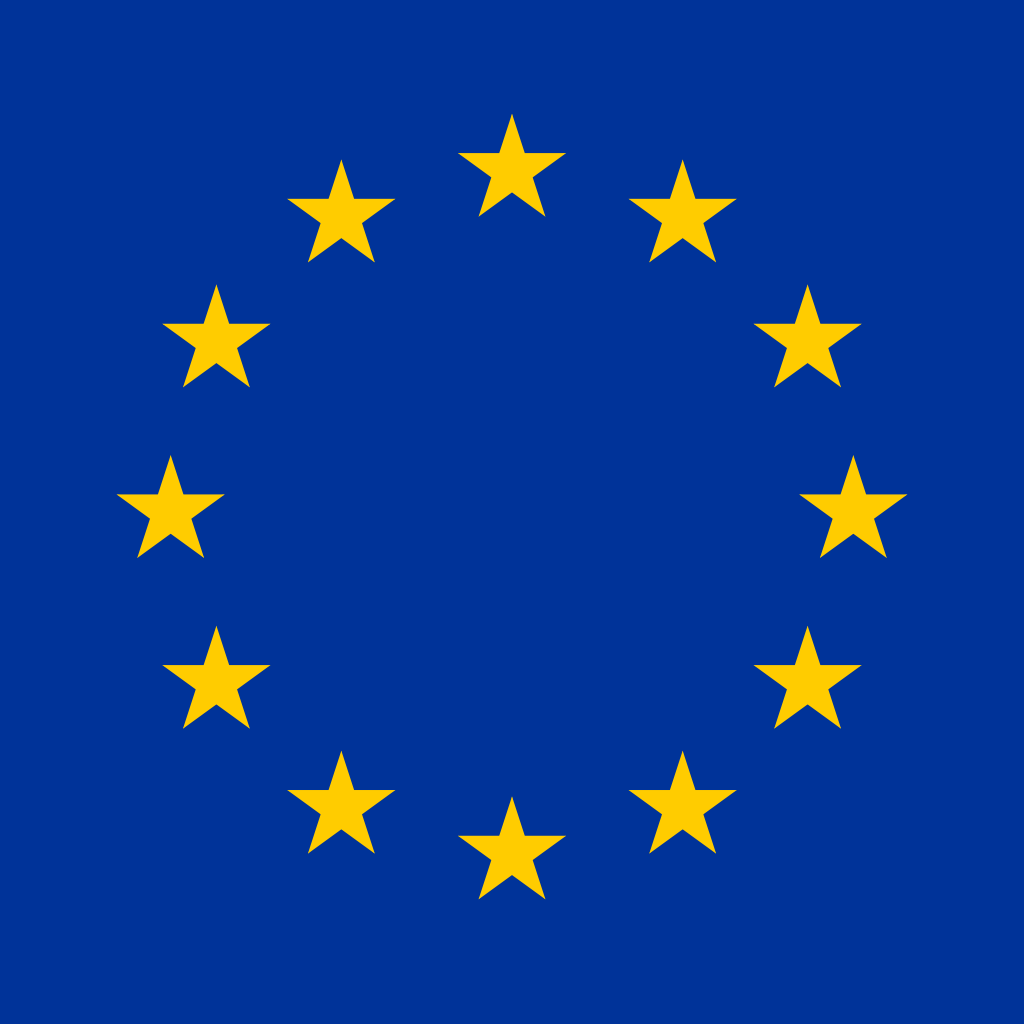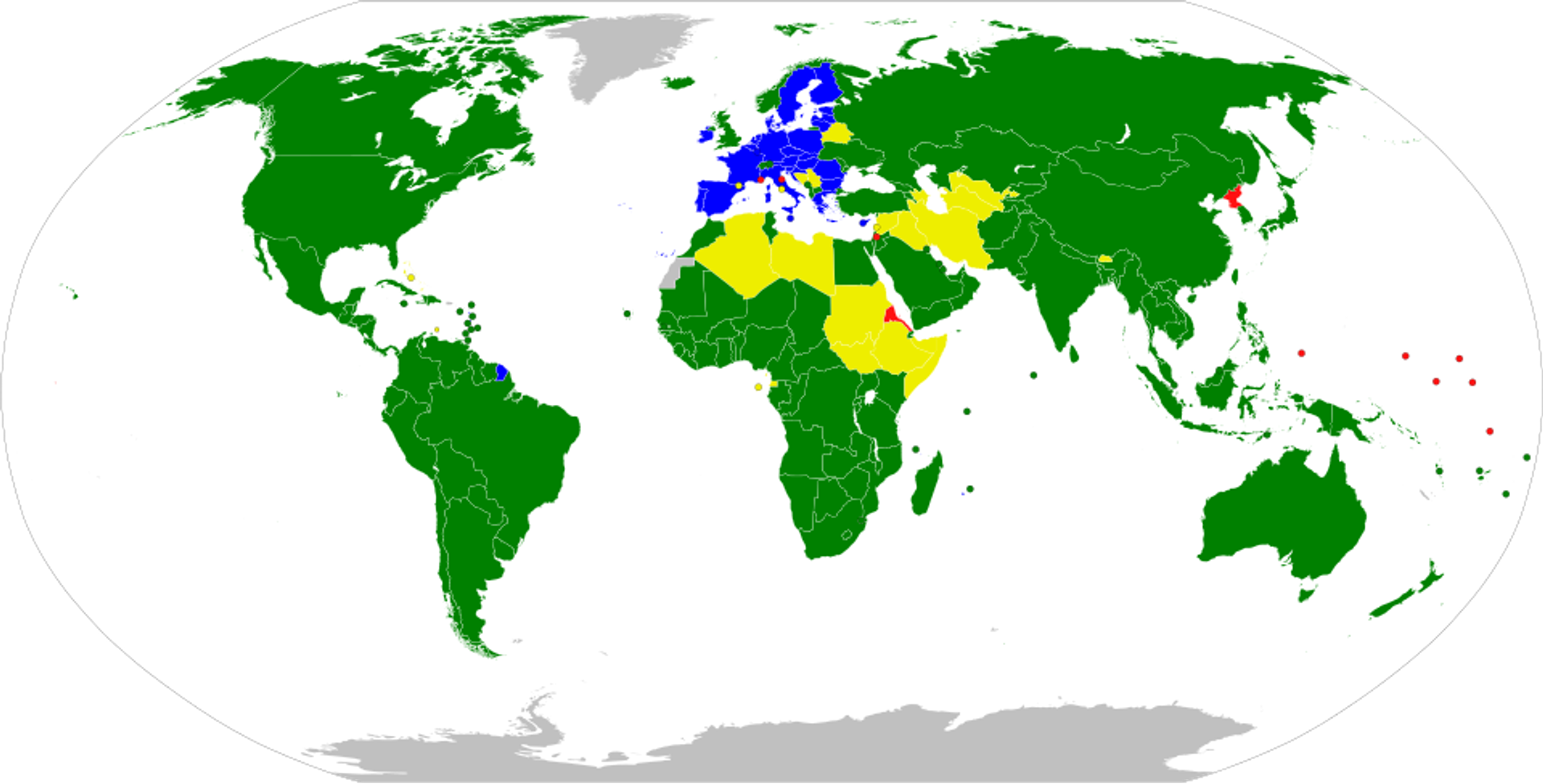
European Union
What do people say about European Union?
In the context of U.S. media discussions, the European Union is mentioned mainly as part of a coalition with the U.S. Congress and President Trump in imposing sanctions on Russia. The EU is portrayed as cooperative but not central, with no critical or detailed examination of its policies or effectiveness. This sidelining suggests a perception of the EU as a distant, less influential actor compared to U.S. political figures and domestic issues dominating the conversation. The EU's complex supranational nature and internal challenges are not addressed, reflecting a superficial or indifferent U.S. view. Overall, the EU is seen as an ally in sanction efforts but lacks a distinctive, robust presence in American media dialogue.
Where are the conversations happening?
The source is a U.S.-based podcast with a domestic political focus, primarily discussing President Trump and U.S. Congress actions. The European Union is referenced in passing without direct scrutiny or praise, reflecting a lack of engagement with EU-specific issues. No European or international-focused channels are present to provide a balanced or critical perspective on the EU. The critical discussions center on U.S. political figures, with the EU merely noted as an ally in sanction enforcement. This indicates that the most critical or detailed discourse about the EU is absent, and the entity is relegated to a minor supporting role in U.S. media on this channel.
What are the topics trending around European Union?
Sanctions against Russia, international cooperation on foreign policy, U.S.-EU relations in geopolitical conflicts, global oil trade restrictions, and the effectiveness of multilateral sanctions.
Why are these topics trending?
The trending topics emerge from discussions about coordinated sanctions on Russia involving the U.S., Congress, and the European Union, highlighting the EU's role in international diplomatic and economic measures. The focus on oil trade restrictions and calls for countries like India and China to comply reflects ongoing global efforts that directly involve or impact the EU's foreign policy stance and economic interests.
How is European Union being talked about?
Detailed breakdown of public sentiment and conversations about this entity.
Impact vs Sentiment
See how each entity's high impact percentage relates to their positive sentiment percentage from actual mentions.





